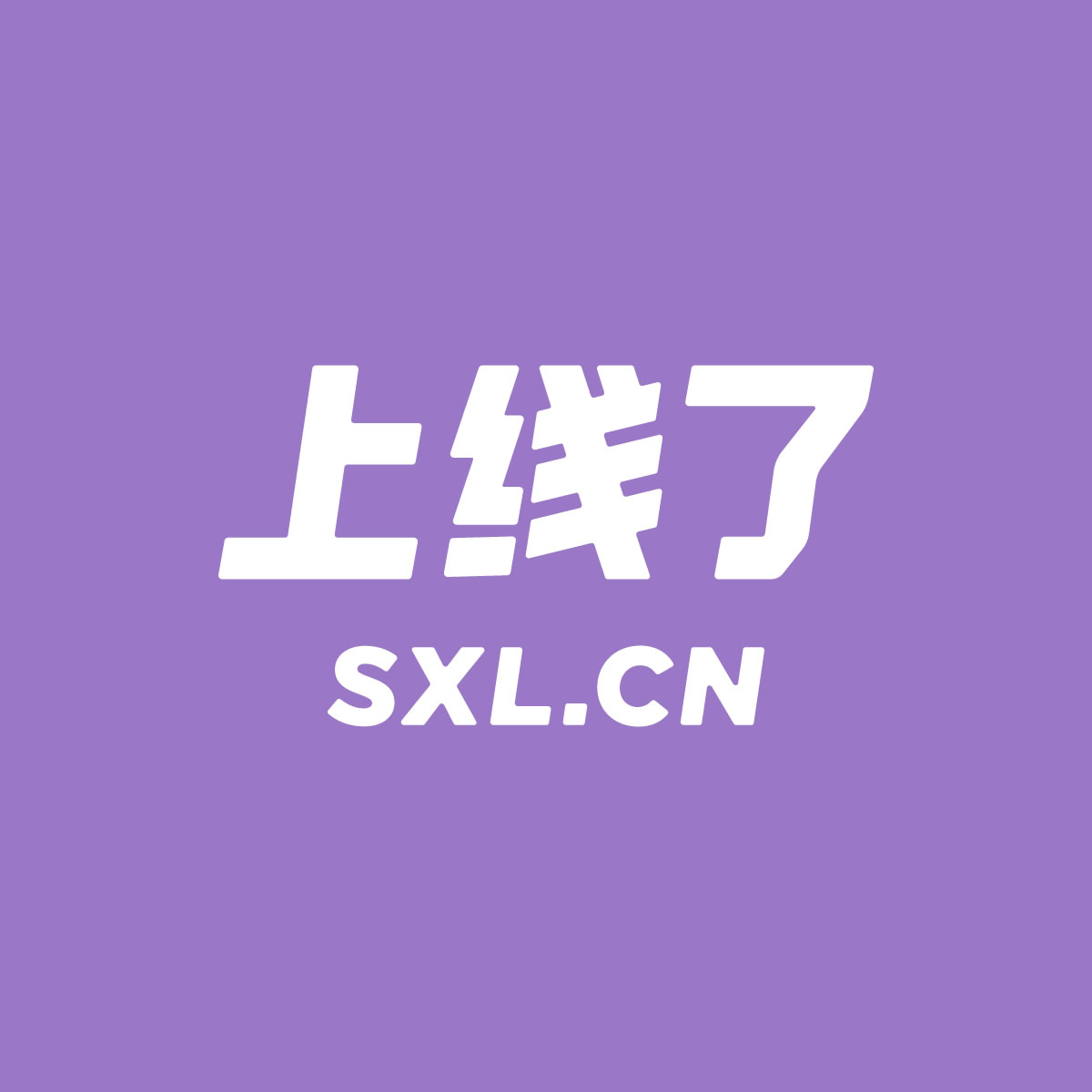

Overview
Ding Jiayou
Associate professor of archival science and, by courtesy, of information&computer science
My research focuses on questions of archives and library in information science, especially the information behaviour of marginalized groups. Instead of focusing on more dominant groups – urban residents and their attitudes toward books and archives, for example – I’m much more interested in the lived experiences of the digital divided. How does being poverty condition one’s education and perception? What are the concerns and considerations that come about because of that experience of living on the margins of society?
I grew up in rural Henan Province, and it was clear to me early on that information matter. I’m not sure what grade my parents completed, but I know they both didn’t graduate from high school. By self-taught, they became an excellent household appliances engineer and a gorgeous housewife. They were well-known in the village where I spent my childhood: if you wanted a cheap assembled TV or radio in late 1980s and early 1990s, you went to my father's studio. And if you wanted acknowledge the new fashion of handmade shoes and clothes, you went to get my mother's advice. They were very smart and philosophical but didn’t have much formal education. So they envied people who did. If they met someone who was a teacher, it was a big deal to they to know someone who’d achieved that status. As farmers,when my parents worked late, I’d spend a lot of time with my buddy partner, and my older brother in particular. Neighbors would stop by to talk about small household affairs on the front porch or in the yard, and it was never an occasion where I was told to go away but be quiet; I couldn't engage in those conversations except listening. I learned about rural gossip or "politics" literally at the feet of people who understood its power both to set free and to oppress.
I had the occasion to take my formal education and travel around when I worked in an insurance company as a graduate and then study as a doctor candidate in Wuhan university, then I learned the word "information division" and "digital divide", and I deeply realized how information poverty influence an individual,a family,a group ,a generation even a nation. So thinking about these issues, and being unsettled by them, was part of my early socialization, and they move me still.
I think I’ve been teaching voiceless folks about information science for as long as I can remember. But in my formal role as a teacher, mentor and advisor here at Soochow University, I see it as a deep obligation that I have. As I tell my students, my job is never to force them to think a certain way but it’s at least to force them to reckon with why they think the way they think – to engage the possibility of being wrong. I have attempted to create a space where truth is held in very high regard but students can feel comfortable laying bare their ignorance on some topic, their belief set that differs from my own. And I also think I benefit from telling my students the truth about what our major and I am doing.
I think treating students as full beings who can understand the complexities of the world, who can engage you as a serious interlocutor – students are ready for that kind of education. And that’s what I try to give every time I have the privilege of teaching them.
ORCID:(0000-0002-5709-8112)
Research areas

Content Management
Content Mining
Helps you develop personal memory profiling and archiving strategies, write engaging content, optimize SEO, and make it easier for people to find and remember you.

Digital Humanities & Data Storytelling
Academic Work
Make a good product and tell a good story. I am good at brand story planning and help companies successfully build their brand image.

Copywriting polishing
Professional Service
Make more impact with short, crisp text. Whatever message you want to convey on your platform, I will find good words.
Professional Experiences
Cooperated Projects

New media operation
Museum&Achives
By using WeChat, Weibo, Douban and other emerging media platforms for product publicity and promotion, and by planning high-quality, highly disseminated content and online activities related to the brand, it can push messages widely or accurately to customers, improve user participation, and enhance the brand. Popularity, thereby diverting traffic to offline physical archives or museums.

Peer Review
academic journals
Edit a variety of academic articles with solid academic foundations and sharp viewpoints.
Message
Welcome to leave a message to discuss cooperation matters
苏州市工业园区仁爱路199号苏州大学文科综合楼No.199,Ren Ai Road, Suzhou Dushu Lake Higher Education District, SuZhou,PRC.
Copyright 2022









